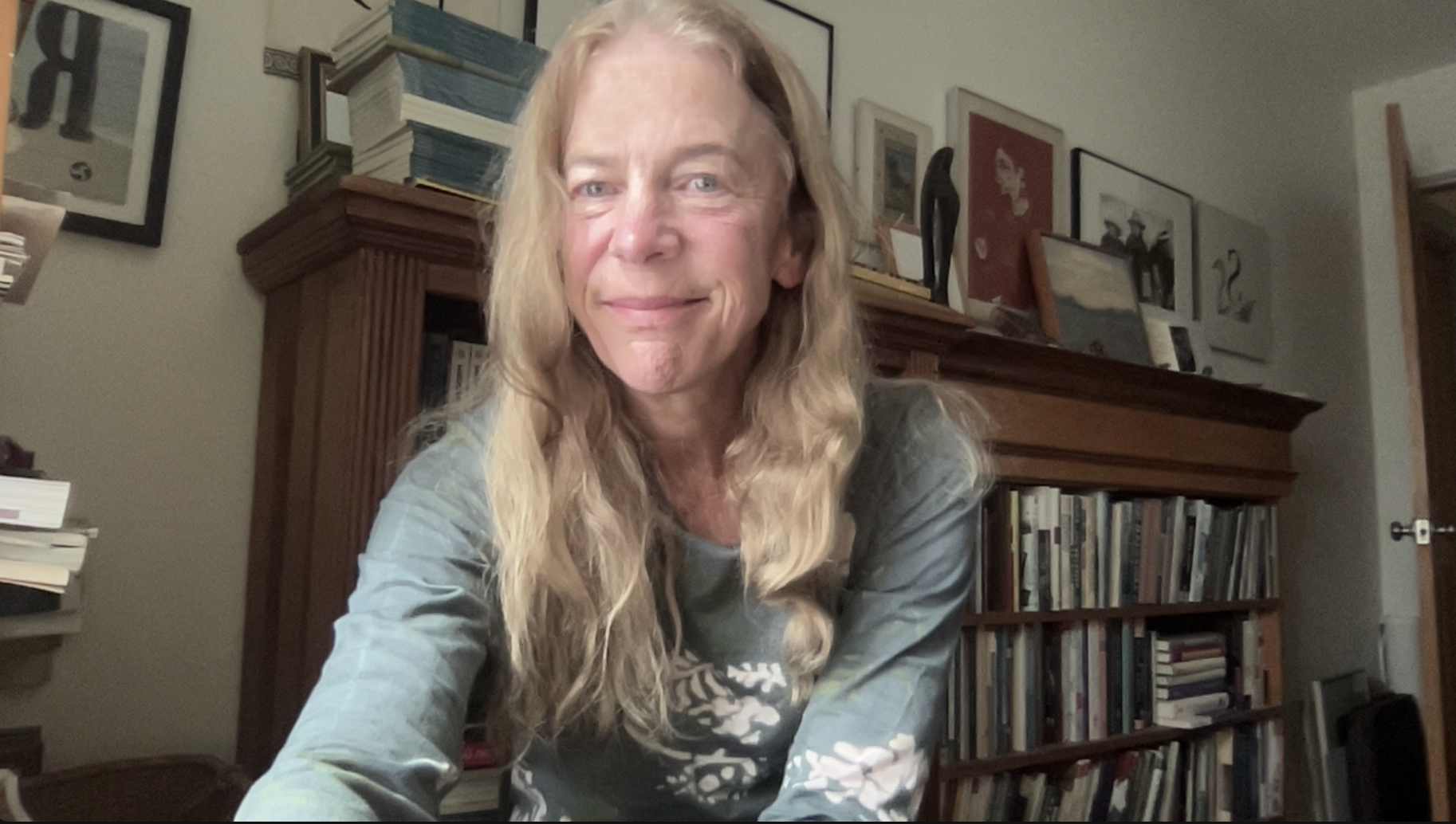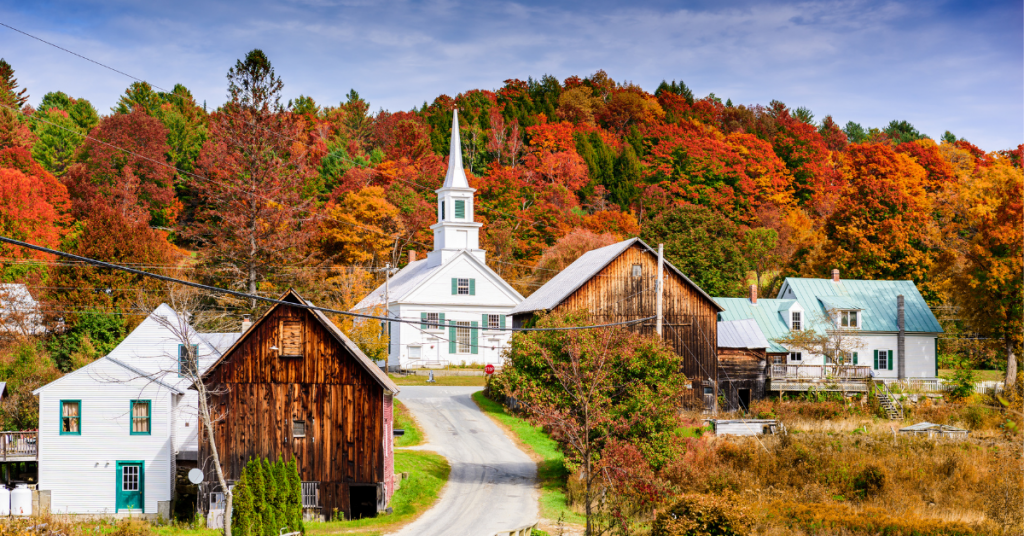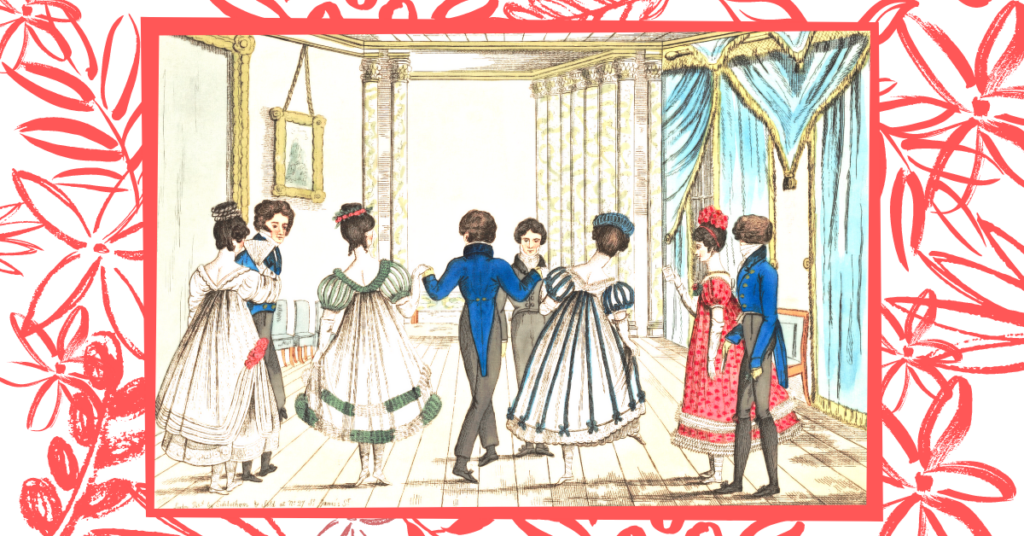At the end of 2022, I sat down with poet, writer and Green Writers Press publisher Dede Cummings, who also published my second book, The Long Tail of Trauma (November, 2020), which explores the legacy of trauma down a maternal line. The mission of Green Writers Press “is to spread a message of hope and renewal through the words and images we publish.” When I proposed that she and I speak about the latest developments at her Vermont-based publishing house, she suggested we focus on her new lead title, The Ice Sings Back (Green Writers Press, 2023) by M. Jackson.
The Ice Sings Back is a compelling and emotive work. It opens with the story of a girl who disappears near a glacier on a hike, as told by her mother. The book then goes on to tell three other seemingly unrelated stories through alternating voices, all of them female. Like my own work, each voice speaks in its own way to personal histories. But unlike my work, alongside this chorus of voices is a mysterious and unspoken reality, a receding glacier that hides in its layers a story of its own.
In my discussion with Dede, I began by asking her thoughts about the relevance of M. Jackson’s book in the Green Writers Press stable and why she felt so passionate about discussing this work with me.
Dede
“I thought of you for this book because of the trauma component in The Ice Sings Back. It’s really a powerful book, especially in dealing with women with mental health issues, and with job issues and discrimination around that, and the character of May. When The Ice Sings Back came to me as a submission—this rarely happens, it happened with your book—I started reading it, and I just felt this electric desire to keep reading. It’s rare. I want to find out what’s the story, what’s happening. And even in that early draft, M. Jackson had me at page one.”
“It’s the debut fiction for M. Jackson. She’s a scientist. One of her books was sort of half memoir, half science, which I loved. And the second one was more science. The first one is called While Glaciers Slept: Being Human in a Time of Climate Change, and in that she slips from science to memoir, chapter by chapter. And the second book is more about how people are affected by climate change, specifically around the melting glaciers. This third book isn’t overly pedantic. It’s more about relationships: mother-daughter, daughter-father, a love relationship between two women. But science is in there too.”
Elizabeth
“Your mission says Green Writers Press aims to spread a message of hope and renewal through the words and images it publishes. But it can be hard to find hope and renewal when talking about climate change. How does this book, which has a receding glacier at its center, fit into your mission? What do you see as hope and renewal in this work?”
Dede
“It’s a really good question. You know, I recently was reading an article by Ezra Klein in The New York Times about whether to bring children into the world. Climate change, it’s on everybody’s minds. As a species, are we going to become extinct? That’s pretty heavy when you’re talking about hope and renewal. I made the mission statement in 2014. It was after tropical storm Irene that really devastated the state. The National Guard had to come in and bridges were washed out and people were stranded. It was a major disaster. I thought, what can I do, and I thought, well, I know how to make a book. And there you go, I just thought, that’s what I can do to try to make a difference in the world. So that’s what I wanted to do, to start a community of readers and writers and artists. To find hope and renewal in that.”
Elizabeth
“So what do you see as hope and renewal in this work in particular?”
Dede
“Well, The Ice Sings Back kind of embodies our mission. Because we have a world-class scientist, who’s a woman and that’s important to us to represent. And we have diversity, equity, and inclusion and that’s been a part of our goal from the beginning. And climate justice is social justice and racial justice. And this book for me, as an editor, was beautiful; it was literary and it was complex. And she did a lot of weaving. Themes and stories that need to be heard but often are not.”
Elizabeth
“There’s a line that M. Jackson has, which I think speaks to what you were just explaining. I think it’s when Tove is speaking to Ros, and she says, women have to tell each other their stories. It’s how we rise together. And I think in what you’ve just shared, that would speak to your mission as well. A sharing of stories of traumatized women and of a traumatized earth. And how, by sharing those stories, we’re exposing what lies beneath. And that maybe we can move forward through those, in a way. But it is ambiguous. Like the ending of the book itself. We don’t know what will happen. Or like when you began by talking about Ezra Klein deciding whether or not to have children. It’s not simple. We all have to make this kind of a calibration, this sort of decision as to what we do to move forward, how we do that. And through telling their stories, maybe these characters are trying to do just that.”
Dede
“Yes. And I gravitate, when I’m feeling the weight of the world and despair, to nature and to words, like the poet Wendell Berry. Literature, words, stories—that’s what keeps us alive. Its very metaphorical: the idea of the ice singing back and also what’s underneath, the burying of trauma. All of these layers in the book are there for exploration and speak to how we cope with the changing world. How do we have hope and function in this world? And that ambiguity is very telling. Like that character May, the medic, who may end up in a different EMT organization. We don’t know. She makes all these discoveries, and she’s not given any praise for her hard work, and I don’t want to give a spoiler alert, but there’s that incredible scene that ends a chapter where she finds something that’s really just chilling and morbid and creepy. You have this sense of mystery. It brings me back to M. Jackson, the author, what’s her goal as a writer? Educate in a subtle way, but share a really thrilling story in the process, one that shows rather than tells.”
Elizabeth
“Yes, I think there is one quote that speaks to the state of mental health in Oregon, which apparently has one of the highest rates of people dealing with mental health illness in the country. I think maybe it said one in four experience some type of mental health illness and yet also that Oregon has got a reputation as having one of the poorest mental health care support systems in the country. You read that fact when you’re halfway through the book. But she just shares that fact once, after you have already seen how damaged these characters are.”
Dede
“Right? The idea of not doing an information dump. She’s trying to broaden her audience as a scientist, to reach more readers to then get them into the knowledge that hey, technology might not be able to fix a melting glacier, it might be too late for them. But, you know, the appreciation for the glacier, the glacier itself—which is in the Oregon Cascades—is also a character in this novel. I love that, that this glacier is living, almost singing. It has its own voice.”
Elizabeth
“I was really fascinated by that voice, too. I’ve thought a lot about giving voice to the earth or giving voice to the natural world, and actually making it the voice of a novel or work. The challenge with that is when you start to try, it becomes not human enough. But I think the way she’s done it is quite subtle. She’s able to succeed, I think, through juxtaposing it with other stories.”
Dede
“And the idea of anthropomorphizing the glacier in this story. Its more than this inanimate object. It’s a living thing that has its own mortality. It’s really good because you have the medic, the scientist, the mother, and the daughter. These voices of the women, they’re not connected, which I love, but they are connected through this one particular missing girl and their stories all coexist alongside this axis, if you will, the melting glacier. And the fact is there are countless missing women and especially Indigenous women in the Pacific Northwest and all over the country, but the Pacific Northwest in particular. Poor and indigent women who are taken. How do you build awareness for that? How do you make that fact heard? This giant reality we ignore at our peril.”
Elizabeth
“At one point, I don’t remember the exact quote, but it’s Tove talking about the importance of recording the sound of the ice. To me, that’s also the indigenous people’s voice. It’s this oral tradition that hasn’t been recorded.”
Soon, our conversation ends, and later I reflect, concluding that The Ice Sings Back and Dede’s work as a publisher is about that revealing, about giving voice to the often unheard and the disappearing, about looking for what’s buried so that we can learn and at the same time be captivated by a thrilling story that painstakingly reveals truths. And maybe, in that sharing does lay hope and which, like the glacier, even can sing its tune with or without words and with a power to renew something in us.
Elizabeth Wilcox is founder of AuthorPods. Her most recent book, The Long Tail of Trauma, was published by Green Writers Press in November 2020.





What an inspiring conversation. Beautiful.